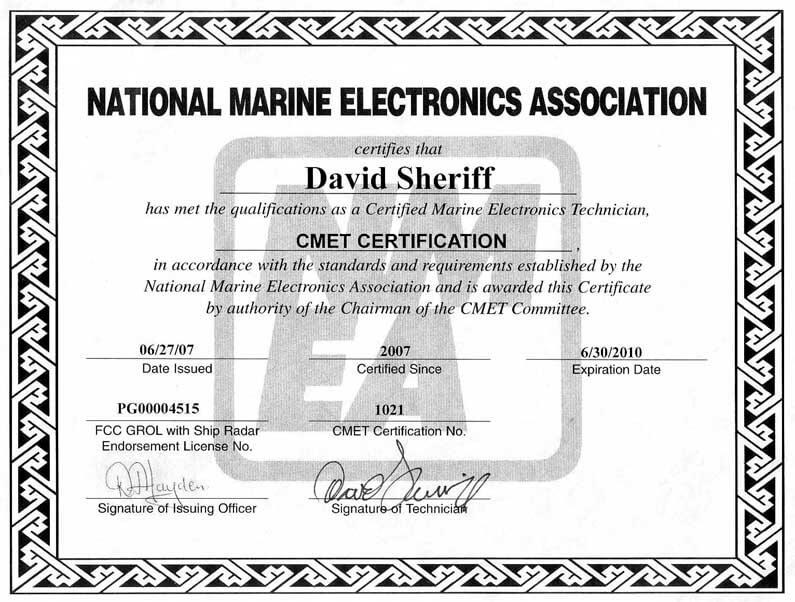
You need to be aware of a few things if you are thinking about buying a salvage car. In this article, we will cover: How to buy a salvage car from an insurance company, Repair costs of a salvaged car, and Buying a salvaged car at a government auction. We'll also be discussing the benefits and types of salvage vehicles. While it may not be for everyone, salvage cars are an excellent option for many buyers.
Purchase a salvage auto
Purchasing salvaged cars is one way to save money on a new vehicle. Don't forget that salvage cars might have been involved in an accident, which could cause some damage. There are also some myths about buying an undamaged car. It can be tricky to inspect salvaged cars properly. You may want to consider hiring a professional to look at these vehicles for you. Before buying salvaged vehicles, be sure to research their insurance.
Salvaged luxury cars can have both benefits and dangers. It's not easy to find insurance coverage. It is not easy to get insurance coverage for these vehicles. A salvaged luxury car may not be as easy to get insurance than a brand new one. A salvaged car can be a bargain, even though its market value is still low.

An insurance company may offer to purchase a salvage vehicle.
There are many options when it comes to purchasing a salvaged vehicle. Insurance companies mark their cars with salvage titles if they have been involved in a total loss accident or severely damaged. They then sell the cars to private buyers at a lower price. What does a salvaged name mean? How can you tell if your car has one? Continue reading to learn how.
When buying a salvaged car from an insurance company, you'll need to make sure that the car has adequate auto insurance coverage. Insurance coverage is very important, as salvaged cars often have hidden problems that may lead to an accident. Many insurance companies won't let you purchase these cars without full coverage because of their poor value. Insurance companies may also refuse to sell you full coverage, meaning you'll have to pay higher premiums for coverage.
Repair costs of a salvage car
Many people mistakenly consider salvage cars to be unrepairable junk vehicles. However, these vehicles are much more than trash. Private sellers can sell salvage cars, but it's worth considering the repair cost before making a decision about whether to purchase one. Some salvage dealers offer warranties but most buyers pay cash. In some states, you need to have a salvage car title before you can register it. You will also likely have to take it to a certified repair facility.
Hidden damage may be found in salvage vehicles. Depending on the type of accident, water or fire damage, and the severity of the damage, salvaged vehicles may not have any visible damage. They might have been damaged beyond repair and were therefore destroyed by insurance companies. In order to quickly settle claims and avoid large settlements, insurance companies will often salvage vehicles. A salvaged vehicle can be a great option to save money but it should meet all state safety standards.

Buying a salvage car at a government auction
The term "salvage automobile" is commonly used when you consider buying a second-hand car at a government sale. This vehicle, often stolen or damaged in natural disasters, isn’t usually in a drivable condition. It requires some repairs. These are some tips to keep in mind before you begin bidding for a salvage vehicle. Salvage cars can often be cheaper than clean-title cars, and they are a great way to get a great deal.
Salvage cars often have a better condition than junk vehicles. These cars were insured previously and returned to the insurance company. While the cars may not be insurable, they may still be valuable. A government auction can be a great option for those with tight budgets. You can avoid potential repair costs by buying salvage cars at affordable prices.
FAQ
What are the basics of car mechanics?
You don't need to know anything about cars to work as an auto mechanic. The only thing you need is the ability to fix them. It's why many people begin to fix things by fitting brake pads or changing tires.
It is important to be able to read and understand diagrams as well as written instructions. You must also be able judge if parts need to replaced or repaired.
It is important to remember that proper training and guidance are essential for anyone who attempts to repair vehicles. This is especially important if you work with expensive parts such as transmissions or engines.
Although you won't be required to know much about cars you should have a solid understanding of the fundamentals and principles of mechanical engineering. This means understanding the principles behind how engines work and how brakes function.
You should also be ready to handle all kinds of situations. For instance, you might find yourself in charge of a vehicle that has been in a serious accident. You'll also need experience dealing with breakdowns and accidents.
Finally, you must be willing to learn new skills quickly. It is important to be able both to diagnose problems and perform simple maintenance tasks, such as tightening nuts.
To work as an automotive mechanic, do I need a degree? What about part-time study?
While a degree is not required, it does help. Employers prefer applicants who have completed a full-time degree. It shows that your efforts have been put in and you have succeeded.
This doesn't necessarily mean you can't continue to work while studying. Some universities let students complete their coursework in the summer and then continue their studies during the school year. Other universities permit students to take classes part-time during the school year.
Is it easy to get a job as an automotive mechanic?
Yes, it is possible. Many garages advertise their vacancies online, and many people apply just because they think it might be fun. You can apply for several places to see if they are accepting student applications if you want to get your foot in their door. If you don't know anyone working in the industry, ask your friends and relatives. They may be happy to recommend someone.
Statistics
- Apprentice mechanics earn significantly less hourly than mechanics who have completed training, with a median wage of approximately $14.50 an hour, according to PayScale. (jobhero.com)
- According to the BLS, the median annual salary for automotive service technicians and mechanics in the United States was $44,050 in May 2020. (uti.edu)
- The U.S. Bureau of Labor Statistics (BLS) reports that the job outlook for automotive service technicians and mechanics is expected to decline by 4% from 2019 to 2029. (indeed.com)
External Links
How To
How to properly diagnose your vehicle for repair
To determine if your car needs repairs, you should first look at the symptoms that your car presents. You can then follow these steps for a proper diagnosis of your vehicle.
-
Check engine lights. You should inspect the dashboard lights, such as the engine light indicator and the oil pressure gauge. Also, check the battery light indicator. You may have a problem with your vehicle if any of the indicators are flashing for more than a few days.
-
Examine the treads of the tires. Tires can become worn and cause problems in handling and braking. The treads of the wheels should be inspected as well. They should be clean, and they should be smooth. This can be done by removing the wheels from the vehicle and taking them off. To check the condition of your treads, use a flashlight.
-
Check the level of brake fluid. You must always monitor the level of your brake fluid. This will ensure that your brakes run smoothly. Your brakes may fail if the brake fluid level drops.
-
Check the suspension system. Most vehicles have a suspension system that absorbs shocks and vibrations. It allows for better control, smooth acceleration, and deceleration. A suspension problem can cause your vehicle to feel wobbly and shake uncontrollably. If you are unsure if your vehicle is suffering from a suspension problem, put weight on the front and rear axles to check the movement.
-
Examine the steering wheel. The steering column is used to link the steering wheel with the rest of vehicle's components. Many accidents can cause damage to steering columns. You should replace your steering column if it feels loose or unstable.
-
Pay attention to the exhaust pipe. The exhaust pipes are responsible for moving gases from the combustion chamber into the atmosphere. If the exhaust pipe is damaged or leaks, harmful fumes can enter your cabin. You should also fix any bent tailpipes immediately.
-
Take a look under your hood. Check under your hood for any unusual or missing components. Your engine could be leaking fluids. In addition, if you notice an unusual smell coming from your engine compartment, you should contact a professional technician.
-
Make sure to check the air filter. The vehicle's outside environment may cause the air filter to collect dust and debris. Vehicles that have a dirty air filter will not run well. Replace your air filter regularly.
-
Check the fan belt. Your vehicle's fanbel is what connects the engine and the transmission. The engine will not turn if the fan belt breaks. It's easy to replace the belt. All you need is a screwdriver and some pliers.
-
Check the radiator hose and hoses. The radiator-hose carries water to the engine. It can cause hot liquid to leak onto the engine if it is damaged or cracked. Repairing the hose is easy with a pair of needlenose pliers or a small wire brush.
-
Make sure you have the windshield wipers checked. Windshield wipers use electricity to clean away snow and rain. If they stop functioning, they can leave streaks in your window glass. To fix the problem, simply change the washer fluid.
-
The battery cables should be checked. The battery cables provide power for the electrical systems in your car. Always disconnect the negative wire before you replace batteries. Failure to do so can damage your alternator.
-
Be sure to check your headlights. Headlights help you see the road ahead. They can make it difficult to see if they stop working. You can check the bulbs to make sure they aren't burned out.
-
Pay attention to the lights. When you approach them at night, the lights warn other drivers. One that doesn't work could cause you to be distracted, and possibly lead to an injury.
-
Check your brakes. Before you collide with another vehicle, brakes will slow down the car. If the brakes fail to work correctly, your car could lose control and collide with another vehicle.
-
Change the oil. Keep your engine lubricated with oil. It protects metal parts and prevents them from wearing too quickly. It is recommended that you change your oil at least once per month.